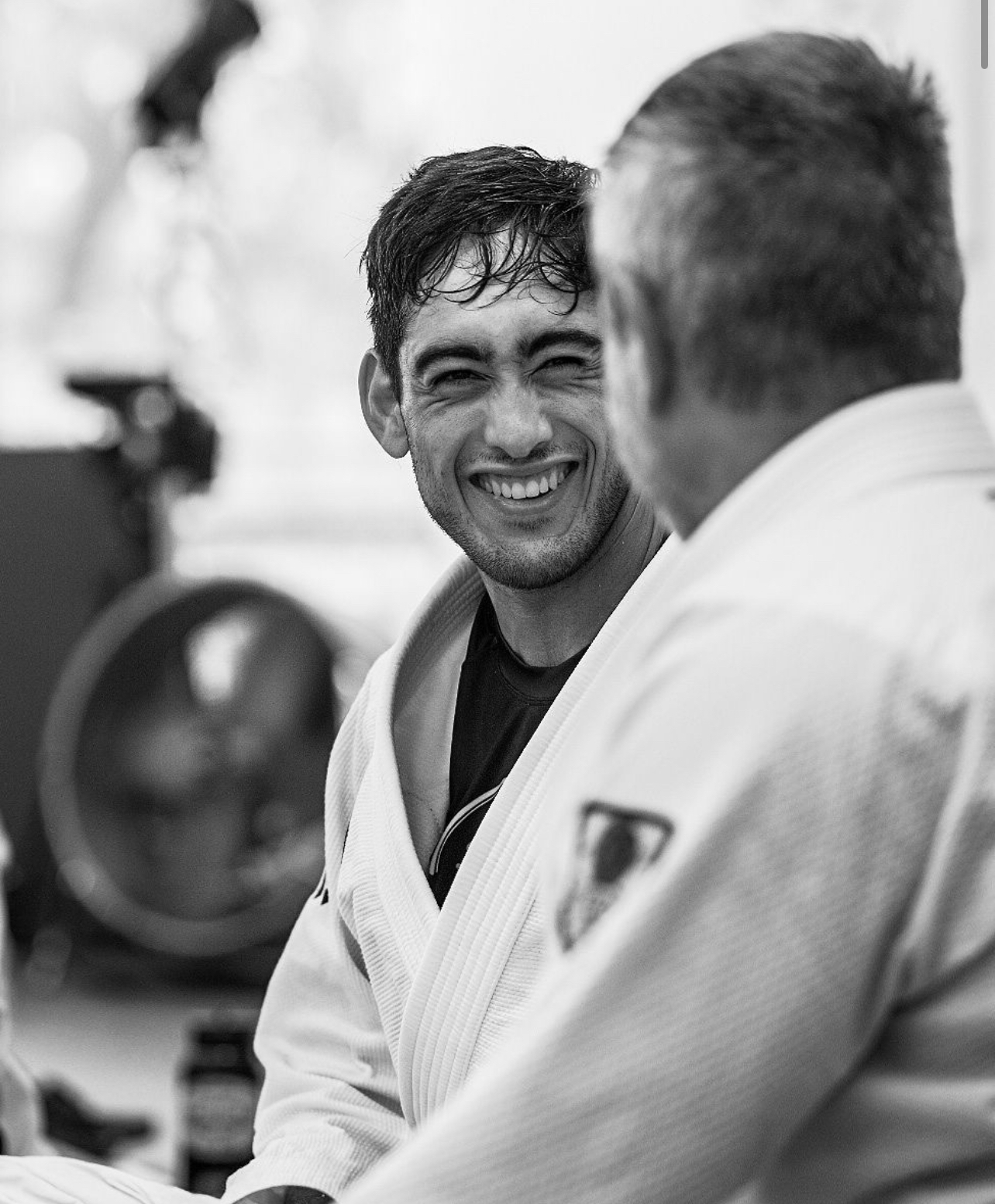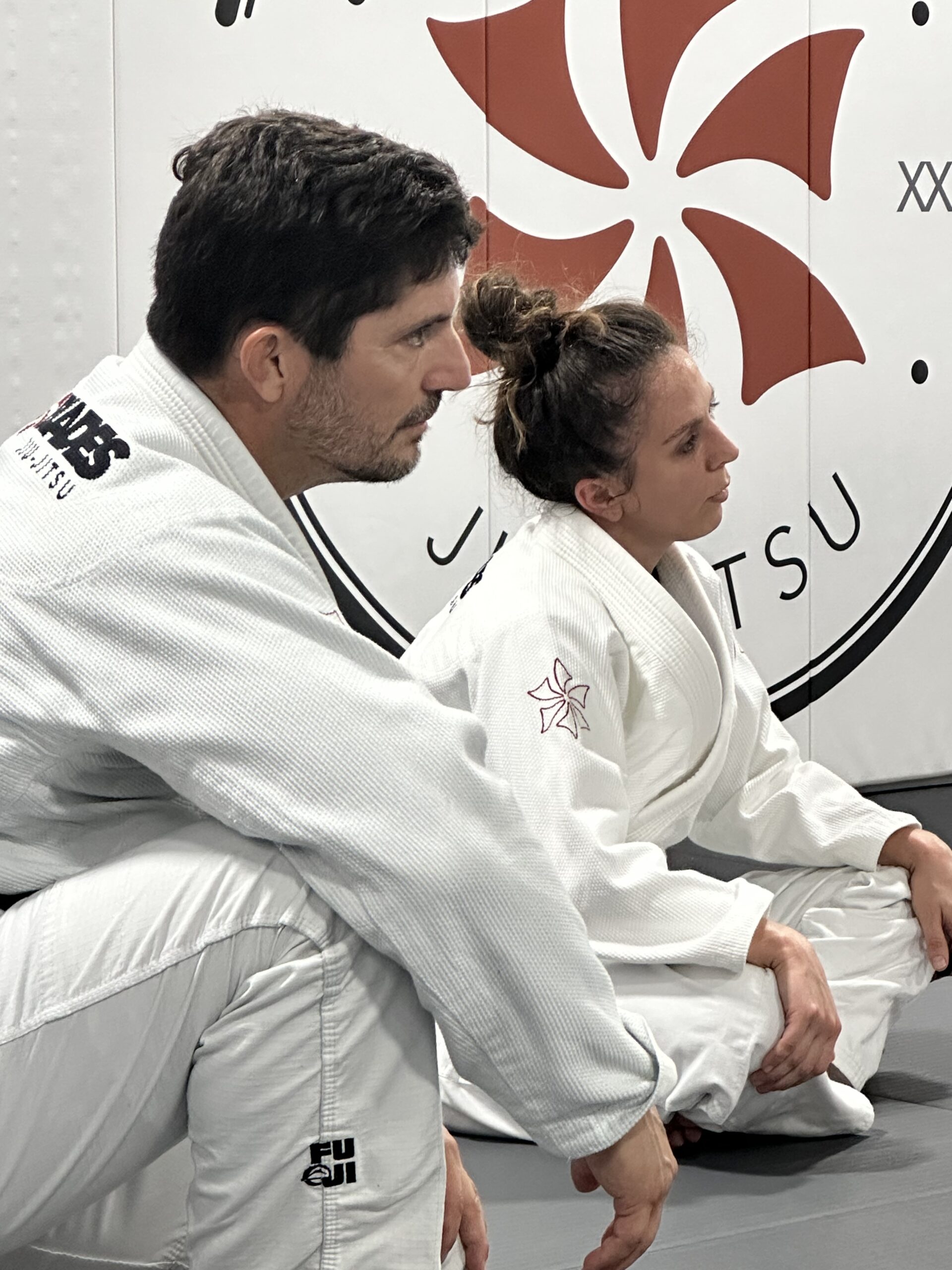What do Albert Einstein, Simone Biles, Frida Kahlo, Leonardo da Vinci, and Michelle Obama have in common?
They all kept journals.
Whether to explore ideas, process emotions, or track progress, these high performers used pen and paper as tools for growth. In the world of Brazilian Jiu-Jitsu, journaling may be one of the most overlooked yet powerful habits you can build.
Why? Because Jiu-Jitsu is more than a martial art. It’s a lifelong journey of self-discovery — physically, mentally, and emotionally. And keeping a journal can help you see that journey with clarity, depth, and direction.
🧠 1. Journaling Sharpens Your Learning
Every class teaches something new — a sweep, a detail, a mindset shift. But without writing it down, it’s easy to forget those gold nuggets by the next class.
Journaling helps you:
-
Remember techniques, sequences, and concepts
-
Capture key details and “a-ha” moments from class or sparring
-
Reinforce your understanding by putting it into your own words
This turns your notebook into a personal encyclopedia of Jiu-Jitsu — one that grows with you.
“You think you’ll remember that new pass, but by tomorrow, it’s gone. Write it down, and you own it.”
🥋 2. Track Your Progress — and Your Patterns
Jiu-Jitsu isn’t linear. Some days you feel unstoppable. Other days… not so much. Journaling helps you track both your technical progress and mental patterns over time.
Include things like:
-
What you learned
-
What worked in sparring
-
What gave you trouble
-
How you felt physically or emotionally that day
Over time, you’ll notice trends: Maybe you always struggle with half guard after a long workday. Or you perform better when you drill before class. These insights can change everything.
🔄 3. Process Frustration, Plateaus & Injuries
BJJ can be humbling. You will tap. You will plateau. You might even get injured.
Journaling gives you a healthy outlet to process frustration without quitting. It helps you step back, gain perspective, and keep going with a clear mind.
Instead of thinking, “I suck,” your journal helps you reframe with, “I struggled with X today. Next time, I’ll focus on Y.”
This mindset builds emotional resilience, which is just as important as physical toughness.
💡 4. Solidify Mind-Body Awareness
Brazilian Jiu-Jitsu is often described as physical chess or movement meditation. The deeper you go, the more you notice the subtle layers:
-
Your breath
-
Your timing
-
Your tension
-
Your mindset under pressure
Journaling after class helps you reconnect with what you felt — not just what you did. This makes your training more intentional, embodied, and intelligent.
🧘 5. Reduce Stress & Boost Mental Health
Jiu-Jitsu already reduces stress through movement, challenge, and human connection. But pairing it with journaling magnifies those benefits by helping you:
-
Reflect on what you’re learning — about yourself and others
-
Let go of overthinking and self-doubt
-
Develop a consistent mental recovery practice
Just 5 minutes of writing after class can calm your nervous system and strengthen your mindset.
✍️ 6. Clarify Your Goals — and Reverse-Engineer Your Growth
Want to improve your open guard? Get your first stripe? Feel more calm in sparring?
Write it down.
Setting clear goals in your journal (and tracking them weekly or monthly) helps you take ownership of your progress. It’s also motivating to look back and see how far you’ve come.
Try writing:
-
A weekly intention (ex: “Focus on framing in bottom side control”)
-
A question to bring to your coach
-
A checklist of positions you want to improve this month
BJJ is a puzzle. Journaling is how you map it out.
🌱 7. Build Self-Awareness On and Off the Mat
The truth is: How you roll on the mat reflects how you live off it.
-
Are you competitive or collaborative?
-
Do you give up under pressure or stay calm?
-
Do you embrace challenge or avoid discomfort?
Writing about your experiences in Jiu-Jitsu helps you become more self-aware — and that growth spills into relationships, work, and life.
Jiu-Jitsu reveals who you are. Journaling helps you understand who you are — and who you’re becoming.
📘 What to Write in Your Jiu-Jitsu Journal
Not sure where to start? Try one or two of these after each class:
-
💭 What did I learn today?
-
🧩 What made sense? What didn’t?
-
🛠️ What needs improvement?
-
💬 What did my coach emphasize?
-
🔄 What would I do differently next time?
-
🧠 How did I feel today — mentally and emotionally?
You can also mix in different formats:
-
Technique logs
-
Mindset reflections
-
Gratitude entries (ex: “I’m grateful I showed up even when I didn’t feel like it.”)
-
Progress trackers (positions, escapes, submissions, conditioning)
✨ Final Thoughts
Jiu-Jitsu is a lifelong journey — full of lessons, challenges, victories, and growth. But if you’re not documenting it, you’re missing a huge opportunity to accelerate your learning, deepen your self-awareness, and appreciate how far you’ve come.
Journaling doesn’t have to be fancy. It just has to be consistent.
Whether you write in a notebook, type in an app, or sketch your thoughts — give yourself 5 minutes after each class to reflect, record, and refocus.
🥋 Your training shapes your body.
✍️ Your journaling sharpens your mind.
💡 Together, they help you become the best version of yourself.












